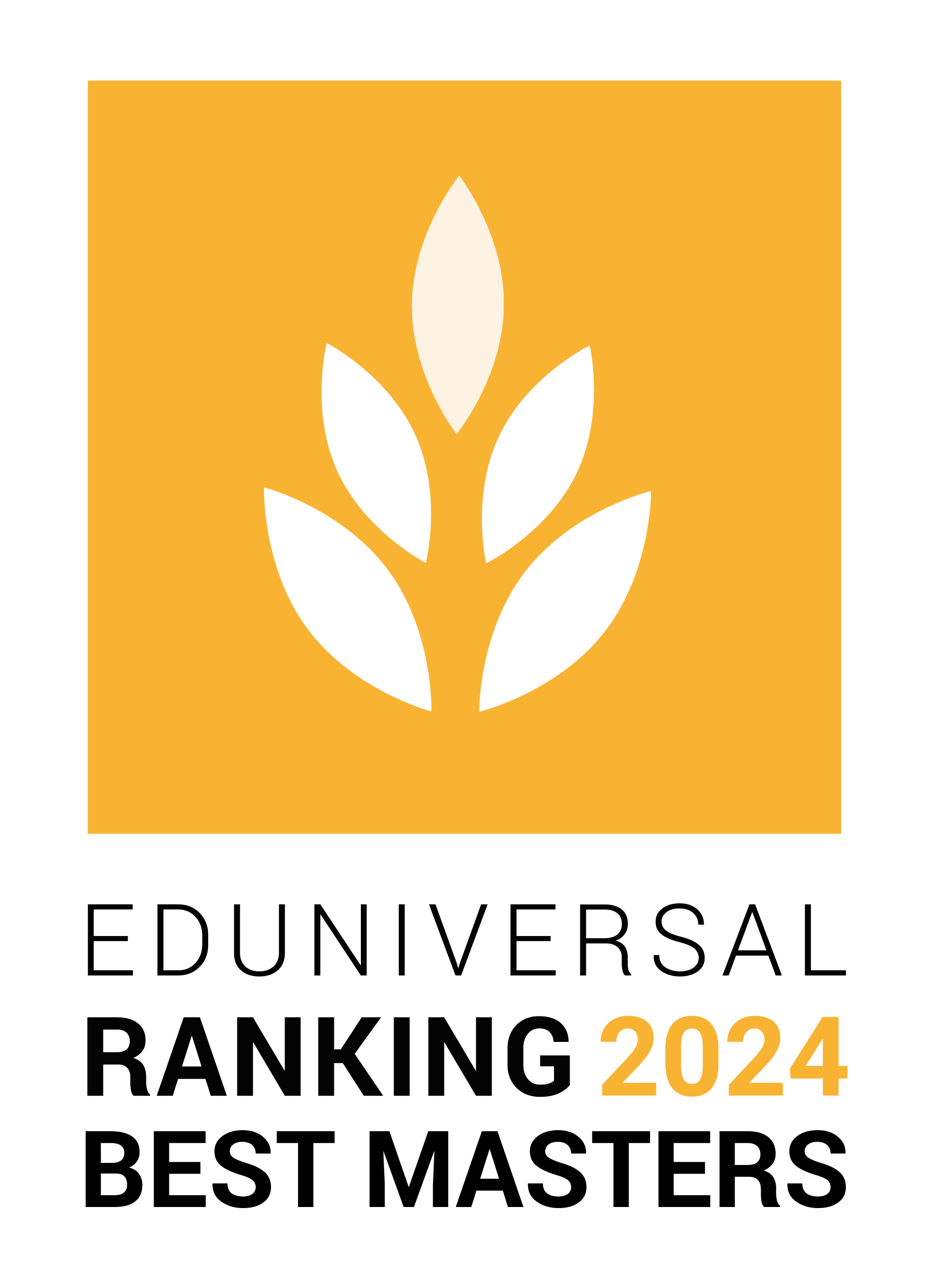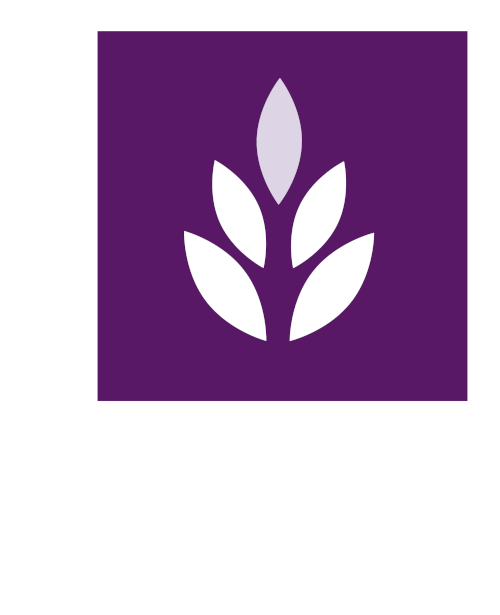- Home
- About
- Business Schools Ranking
- Selected schools
- study abroad
- Awards
- Contact

Study in Jamaica
Jamaica Statistics
Geography-Population
- Capital: Kingston
- Area: 10,991 km ²
- Climate: tropical with hot and humid weather; more temperate in higher inland regions
- Population: 2,847,232 (est. 2010)
- Languages: English
Government-Economy
Government-Economy
Government Type: Parliamentary democracy and constitutional monarchyNational Holiday:August 6GDP: $23.797 billion (est. 2009)GDP – per capita (PPP): $ 8,777 (est. 2009)
Information for Foreign Students in JamaicaGetting There The two main airports are the Norman Manley International Airport in Kingston and the Donald Sangster International Airport in Montego Bay. Both airports receive vast numbers of international flights daily. There are smaller airports in Negril and Ocho Rios as well as another smaller one in Kingston, which can be accessed by smaller, private aircraft.
Obtaining a Visa US citizens--including those visiting by cruise ship--require a passport. No visa is required. Canadian citizens require a passport or a birth certificate AND ID card. Passports can be expired and still be considered valid to enter Jamaica. However, they cannot have been expired for more than year to still use them to travel to the island. No visa is required for a stay of up to six months. Citizens of countries in the Commonwealth of Nations require a passport valid for at least 6 months, a return ticket, and sufficient funds. No visa is required except for citizens of Sri Lanka, Nigeria, Pakistan, and Sierra Leone. Japanese citizens can stay for 30 days without a visa. German citizens can stay for 90 days without a visa. Similar terms probably apply to other countries in the Schengen union. Most other nationalities need visas. Contact your nearest Jamaican embassy for details.
Money
Currency used in Jamaica is the Jamaican Dollar (JA$). The US Dollar is widely accepted as well in places most tourists visit. US dollars, Canadian dollars, UK pounds, and euros are easily converted to Jamaican dollars at forex cambios and commercial banks island wide. Credit cards such as VISA, MasterCard and to a lesser extent American Express and Discover are accepted in many business establishments, such as supermarkets, pharmacies and restaurants in Kingston, Montego Bay, Portmore, Ocho Rios and Negril and most other major towns. ATMs are called ABMs in Jamaica and are widely available in every parish and almost all ABMs in Jamaica are linked to at least one overseas network such as Cirrus or Plus and sometimes both. Indeed, the safest way for a visitor to transact business in Jamaica is to use an ABM to withdraw your daily cash requirement directly from your overseas account in local currency, as flashing foreign currency, foreign credit cards or large quantities of cash might draw unwanted attention, and will almost certainly be disadvantageous when bargaining for the best price. Don't be alarmed if you go to an ATM and you find an armed guard as he is there to protect you.
Health
Medical facilities on the island are not always up to par with European or American health care standards. Falling ill can sometimes result in major medical fees. Therefore, it is advised to buy travel insurance, as this will ensure peace of mind in emergency situations. The water quality is generally good and safe to drink. All piped water in Jamaica is treated to international standards, and will be of the same quality you could expect to find in North America or Europe. Water service in rural areas can sometimes go out for several hours at a time. Individuals in rural areas have their own water tanks, which catch water when it rains, so be ready to draw from a tank instead of turning a pipe. Water from these sources, should be boiled before consumed. Bottled water such as Wata (a local brand), Aquafina and Deer Park are widely available.
Safety
Jamaica has the 5th highest murder rate in the world. As in any other foreign country, should any emergency situation arise, especially at the domestic level, it is advised to immediately contact your government's embassy or consulate. Governments usually advise travelers staying in the country for an extended period of time to notify their embassy or consulate so they can be contacted in the case of emergency.
Transportation
Don't be afraid to take Jamaican local buses-they're cheap and they'll save you the headache of negotiating with tourist taxis. Be prepared to offer a tip to the luggage handlers that load your luggage into the bus. The ride is very different from what you are probably used to. Local taxis (called 'route taxis') are an interesting way to get around and far cheaper than tourist taxis. For instance, it may cost 50J (less than a dollar) to travel 20 miles. It will just look like a local's car, which is precisely what it is. The licensed ones usually have the taxi signs spray painted on their front fenders, although there seems to be little enforcement of things like business licenses in Jamaica. Seldom will you find one with a taxi sign on the top, because not many do this. The color of the license plate will tell you. A red plate will tell you that it is for transportation, while a white plate will tell you it is a private vehicle.
Official Selection of the Best Business Schools in Jamaica
|
2 Palmes Of Excellence GOOD Business School |
Rank Position in
Palmes’ League |
Deans’ Recommendation
rate 2024 |
|---|---|---|
|
University of The West Indies - Mona School of Business and Management |
1 | 147 ‰ |

Official Selection of the Best Business Schools in Jamaica
Learn the ranking results of the best masters in Jamaica here:
